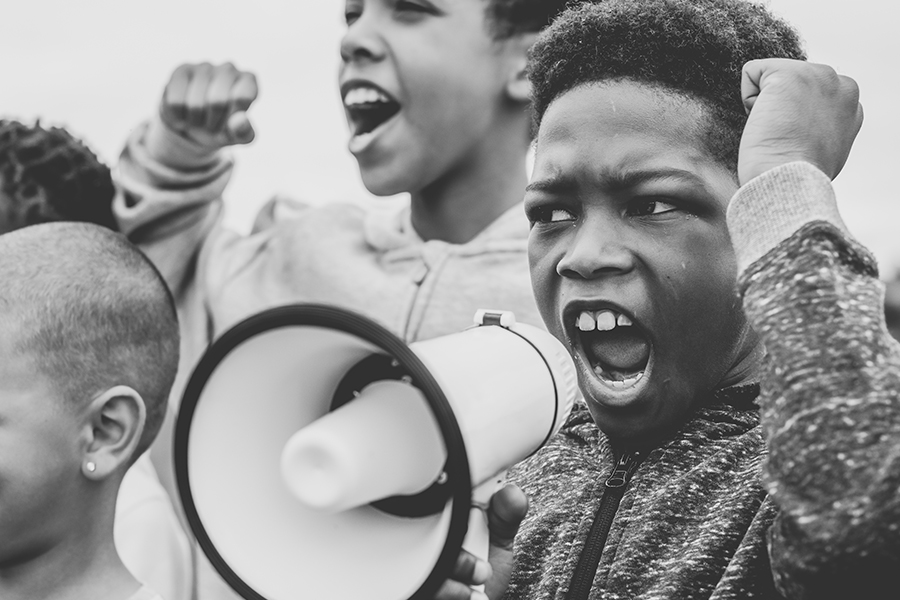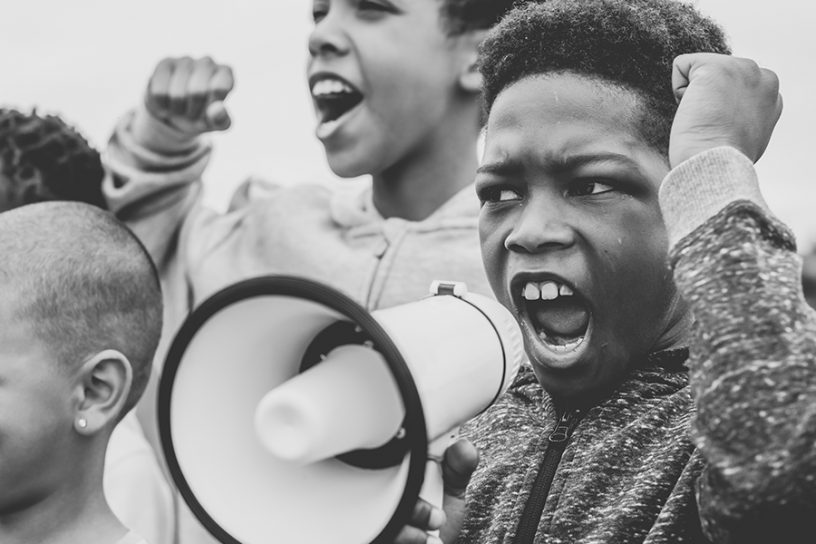
Cartoonists increased their frequency of cartooning about racism in the Black Lives Matter period with the greatest increases from those who had previously drawn the least about racism, finds the study.
Authors
Anish Vanaik, Jindal Global Law School, O.P. Jindal Global University, Sonipat, Haryana, India.
Dwaine Jengelley, Honors College, Purdue University, West Lafayette, Indiana, USA.
Rolfe Peterson, Political Science, Susquehanna University, Selinsgrove, Pennsylvania, USA.
Summary
The Black Lives Matter movement gained national prominence after highly publicized protests turned the spotlight on police violence in the US. We explore how this complex, multi-vocal movement is framed in the media using an original dataset of over 500 editorial cartoons by award-winning syndicated cartoonists.
We find that every cartoonist in our sample increased their frequency of cartooning about racism in the BLM period with the greatest increases from those who had previously drawn the least about racism. Cartoons of this period also focused on police brutality to a hitherto unprecedented extent.
When they did so, they emphasized the systemic nature of police brutality. Cartoons about movements having an impact on racism significantly increased. Movements were usually portrayed in a sympathetic light.
Despite these gains for the advocacy of BLM activists, the engagement with the movement was superficial, indicated most clearly in the exclusion of women from cartoonists’ framing of the movement.
Nevertheless, the cartoons drawn in the wake of BLM demonstrate a clear break, in imagery and meaning, from the presence of post-racial tropes typical of editorial cartoons in the preceding period.
Published in: Politics, Groups, and Identities
To read the full article, please click here.


